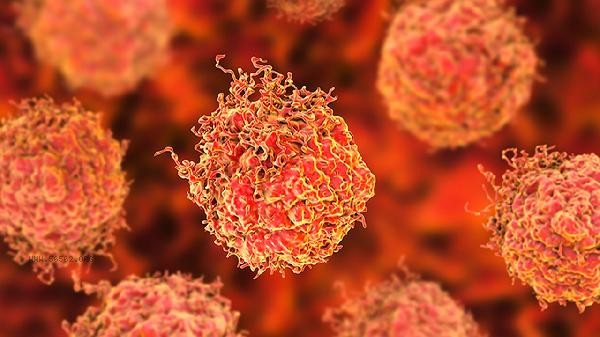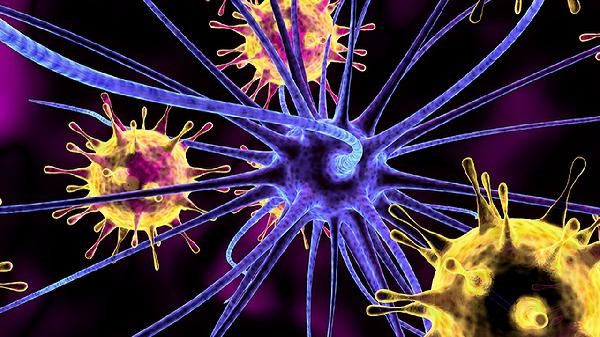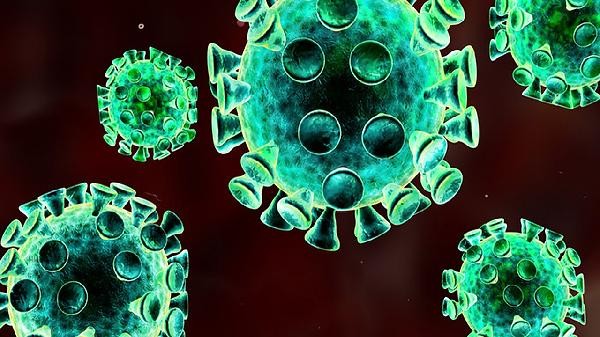Low neutrophil count may not necessarily be an early manifestation of cancer, but may be caused by factors such as infection, drug reactions, autoimmune diseases, malnutrition, or hematological disorders.
1. Infectious factors:

Viral infections such as influenza and hepatitis B often lead to a temporary decrease in neutrophils. This type of situation is usually accompanied by symptoms such as fever and fatigue. Blood routine examination shows that the indicators recover with the improvement of the condition, so there is no need to overly worry about the possibility of cancer.
2. Drug effects:
Chemotherapy drugs, antibiotics, anti thyroid drugs, etc. may inhibit bone marrow hematopoietic function. Patients who take immunosuppressive drugs for a long time should regularly monitor their blood routine. If a sustained decrease in neutrophils is found, they should consult a doctor to adjust their medication plan.
3. Nutritional deficiency:

Vitamin B12 or folate deficiency can affect hematopoietic cell differentiation. Vegetarians and individuals with digestive and absorptive disorders may experience large cell anemia accompanied by neutropenia, which can be diagnosed through serological testing. Supplementing with nutrients can often improve the condition.
4. Immunological diseases:
Systemic lupus erythematosus, rheumatoid arthritis, and other diseases may produce autoantibodies to attack neutrophils. These patients usually have typical symptoms such as joint pain and rash in addition to abnormal blood indicators, and require specialized diagnosis and treatment in rheumatology and immunology. 5. Hematological system abnormalities: Diseases such as aplastic anemia and myelodysplastic syndrome can lead to a decrease in whole blood cells. If the neutrophil count remains below 1.5 × 10 ⁹/L and is accompanied by anemia or thrombocytopenia, further examination such as bone marrow aspiration is required. When neutrophils are found to be low, other indicators should be combined to make a comprehensive judgment. Suggest improving peripheral blood smear, inflammation indicators, virus antibodies and other tests to avoid self panic. Pay attention to maintaining a balanced diet in daily life, supplement lean meat, animal liver and other foods rich in hematopoietic materials in moderation, and avoid intense exercise that can lead to weakened immunity. When the abnormal indicators persist for more than two weeks or are accompanied by symptoms such as sudden weight loss and lymph node enlargement, it is necessary to seek timely diagnosis from the hematology department to investigate the cause.










Comments (0)
Leave a Comment
No comments yet
Be the first to share your thoughts!